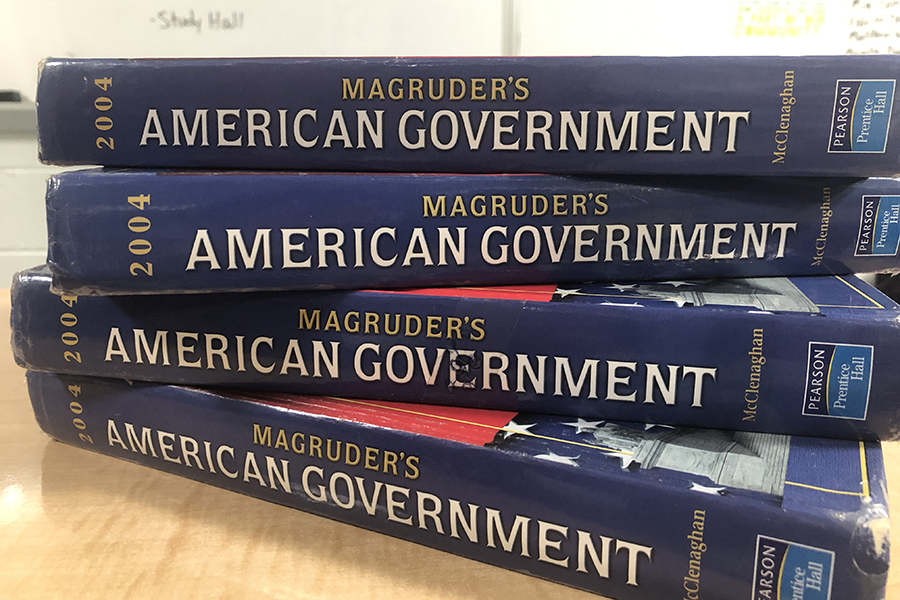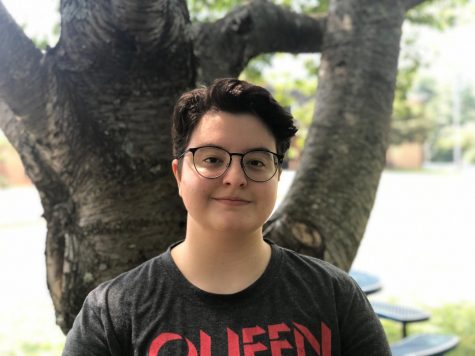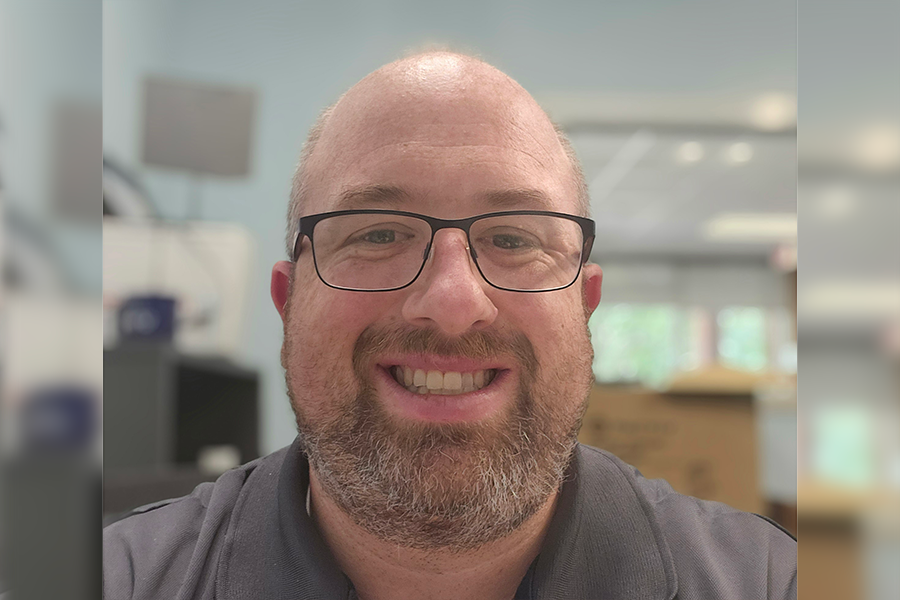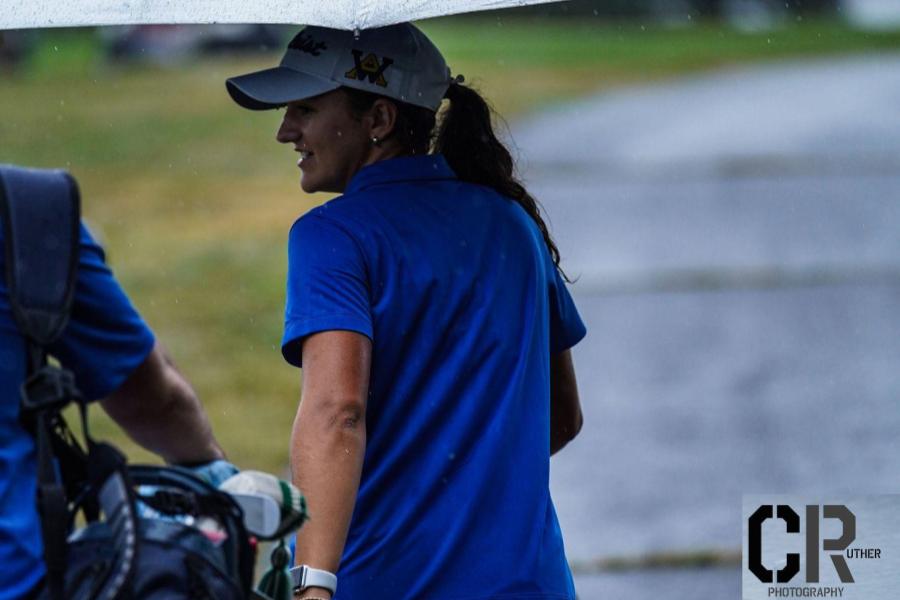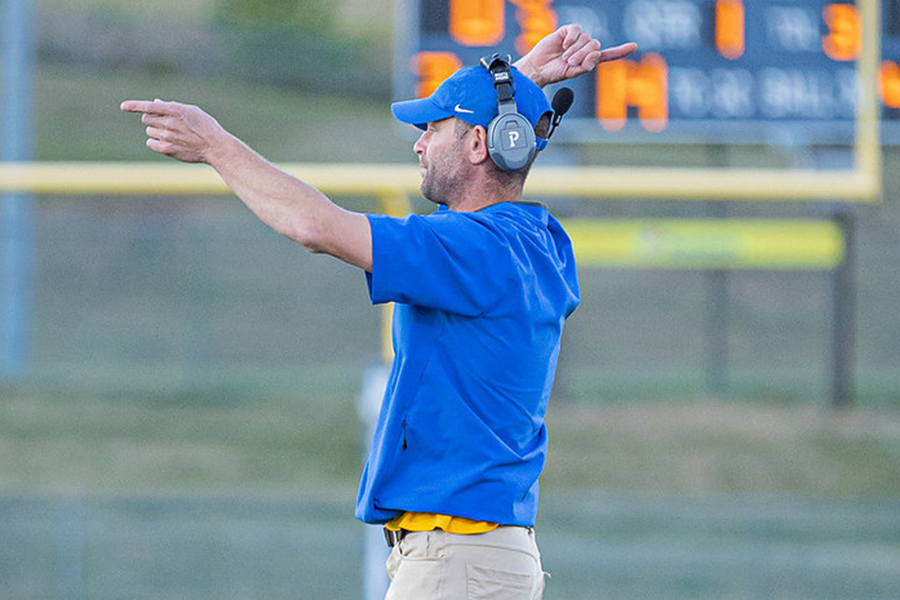New Tip-line Has Big Impact on Teachers
Credit: Lee Marcel
February 21, 2022
With the election and inauguration of Virginia’s new governor Glenn Youngkin, lots of new changes have been coming to the education system very fast. One of which is the Education Tip-line, an email that was set up for students and parents to report teachers who are teaching divisive or controversial subjects.
The new executive orders, and specifically this tip-line, has a big impact on history teachers all across Virginia, and specifically government teachers like Molly Miracle. “The problem with the government class is that the whole class could be considered divisive,” she said.
It has been ACPS’s policy since 1993, amended in 2019, to encourage teachers to teach challenging topics, in an effort to teach students how to “develop the practice or critical reading and thinking” as well as “conduct research in an atmosphere free from bias and prejudice.”
“My curriculum will not change. I will teach what my students need to know and teach them to think critically about the content we interact with in my classes,” says Michael Shutt, a government and practical law teacher. “We’re just going to continue to do our jobs.”
“If a parent had an issue with something in my class, I would hope they would just talk to me. I’m the one interacting with their child on a daily basis, not the Governor,” he added.
Seniors have just started preparations for Model Congress, which is one of the biggest projects of the year. While many students were nervous about the possibility of it being canceled due to the new executive orders, Miracle is confident that this WAHS tradition will stay put for now.
James Walsh, another social studies teacher, says the tip-line will not affect how he interacts with students in his class. “It is my job to listen, inform and to validate a student’s view. If I push my opinion on topics to my students then it can alienate those that may not agree or make students feel that they need to have my same view to earn my respect,” he said.
However, he added, African American Studies, a new elective offered this year, could be affected greatly. “I worry that [African American Studies] doesn’t fit into the mold of what this new government wants in history education. The reality is that African American history is an integral part of our American history story. We cannot continue to grow as a nation and to try and sow the scars of decades and decades of oppression without looking at the historical events and people of African American history.”
Overall, WAHS social studies teachers are not worried about the tip-line. “We teach real history – our content and teaching strategies are backed by research and I would stand by any one of my colleagues on this,” said Shutt. Walsh added, “Just because we choose not to teach something doesn’t mean that it didn’t happen.”



